Dear Editor,
The article, “Warrior Queen’s Revenge” in your August 2003 edition contains a supposition by the author that I question. It is stated that “the Roman legions stood transfixed, rooted to the ground in fear, half-hypnotized by the hellish vision before them.” I doubt that this was indeed the case. These legionaries were, I believe, made of stronger stuff. Such a sight as was before them perhaps did indeed offer a hellish spectacle; however, such visions were common to the legions of Rome and probably did not inspire horror. Rather, I would think, a disgust and contempt for the barbaric behavior as viewed by the ‘civilized’ Romans was more likely the case. No doubt there was, within the heart of each Roman soldier, that moment of fear, as is in the heart of all soldiers throughout time, before a battle. But to state that the legions stood transfixed with horror is, I believe, not an accurate assessment.
Further, it was customary and usual for the Roman leader to address his troops just before battle. To assume in this case that the speech was addressed to ranks quaking in fear is, considering the results of the battle, a highly suspect assumption.
Roman legions were for centuries victorious. We all know the greatness and glory of the Roman Empire. Such was not achieved by legionaries rooted to the ground in fear before a barbaric horde, no matter how hellish or ludicrous.
Since the truth will never be known, I suggest that the more likely of the two scenarios be applied.
Edward P. Beck
Burke, Virginia
General Walton Walker
Dear Editor:
First, thanks to James G. Graff for setting me straight on the ranking of the Distinguished Service Cross relative to the Medal of Honor. Next, even when one’s work is skewered, it is an honor when it is done by such an authority as Brig. Gen. Uzal W. Ent, whose home at Camp Hill, Pa., I visited some years ago to interview him on the subject of—surprise!—the Pusan Perimeter. Since the general was in Korea as a combatant in 1950 and I was not, I am inclined to accept his views where he challenges mine. However, I want to point out that my “views” were in fact gleaned from the top memoirs and books of the period: Reminiscences by General Douglas MacArthur, The Korean War by General Matthew Ridgway, MacArthur’s War: Korea and the Undoing of an American Hero by Stanley Weintraub, This Kind of War by R.R. Fehrenbach, and Robert Leckie’s Conflict: The War in Korea.
I shall further assume that General Ent is correct on the proper commanders of the 24th and 25th Divisions and that I am therefore wrong.
Finally, there is the sentence, “These errors severely mar an otherwise very good summary of General Walker’s career, and are insulting, at least, to the men who fought and died during those first months of the Korean War.” As a veteran of the Vietnam War under fire myself, the last thing I would want to do is insult anyone else’s combat record, and that is especially true since I was a member of the 25th Infantry Division (“Tropic Lightning”) when I was stationed Schofield Barracks, Hawaii, in 1965.
Blaine Taylor
Towson, Maryland
The Henry Rifle
Dear Editor,
I enjoyed Mr. Niderost’s article, “Desperate Fight on the Plains” (April 2003)—a subject rarely given enough attention. However, the sidebar “Life at a Frontier Army Post’’ does leave two somewhat misleading impressions about the firearms.
The Henry Rifle in the photo was, during the late war, a quasi-regulation arm (purchased by the government in small quantities; individual units in larger quantities), and after the Civil War one of the arms generally allowed officers who purchased private weapons. Custer’s arms are a classic example of private purchases.
The Stabler Cut-off was an improvement in a repeating arm that allowed the trooper to load single shot when he was ordered, or had that luxury, and at the same time hold the other cartridges in reserve. The device was not exactly an “impediment” to be removed, but a simple, easy-to-operate, finger-operated lever. Since loading a Spencer Carbine cartridge reservoir was not an easy operation to accomplish in the heat of battle or on horseback, the Stabler was really an improvement! The idea of holding a reserve of ammunition in a weapon while being able to single-load the arm was carried through a number of infantry small arms—all the way through the Korean War (Springfield 03-A3).
Charles R. Nichols
Ft. Myers, Florida
Churchill’s Blunder
Dear Editor,
Brooke Stoddard was correct in asserting that the shock waves of the British attack at Mers-el-Kebir traveled far and wide (August 2003), but on balance the shock waves created more negative than positive results. The Vichy French became enemies of the British after the attack on their fleet and resisted the British occupation of Syria in 1941 and initially resisted the Anglo-American assault on North Africa in 1942. The Allies suffered thousands of casualties as a result of this resistance. Richard Lamb in Churchill as War Leader called Churchill’s unilateral decision to order the sinking of the French Fleet “possibly his gravest wartime blunder.” In his memoirs written after the war, Churchill distorted the events surrounding the British attack at Mers-el-Kebir to justify his action. Using primary sources released years after the war, Lamb provides detailed information regarding this deception.
Jeff Taylor
Mt. Pleasant, South Carolina
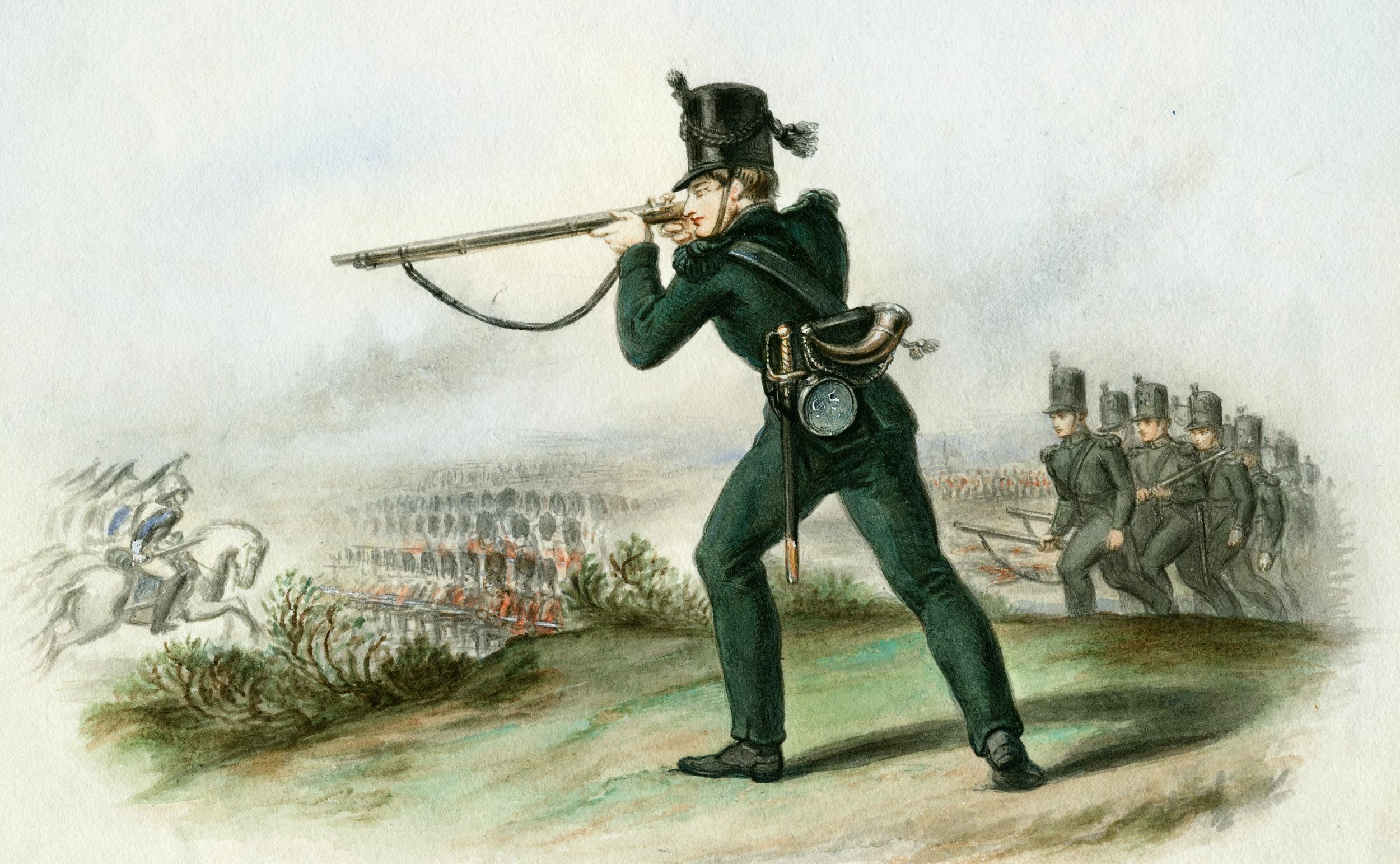

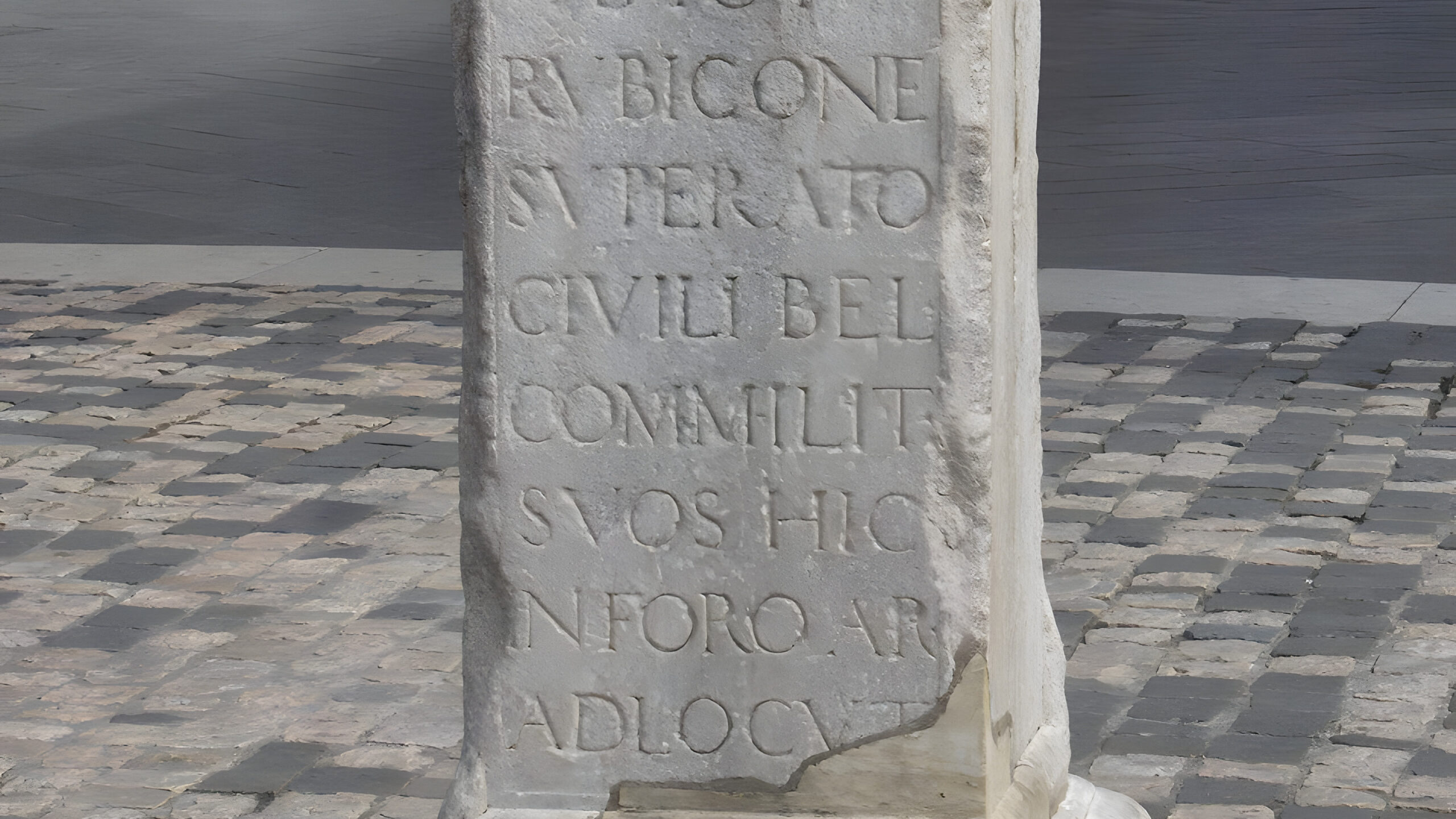
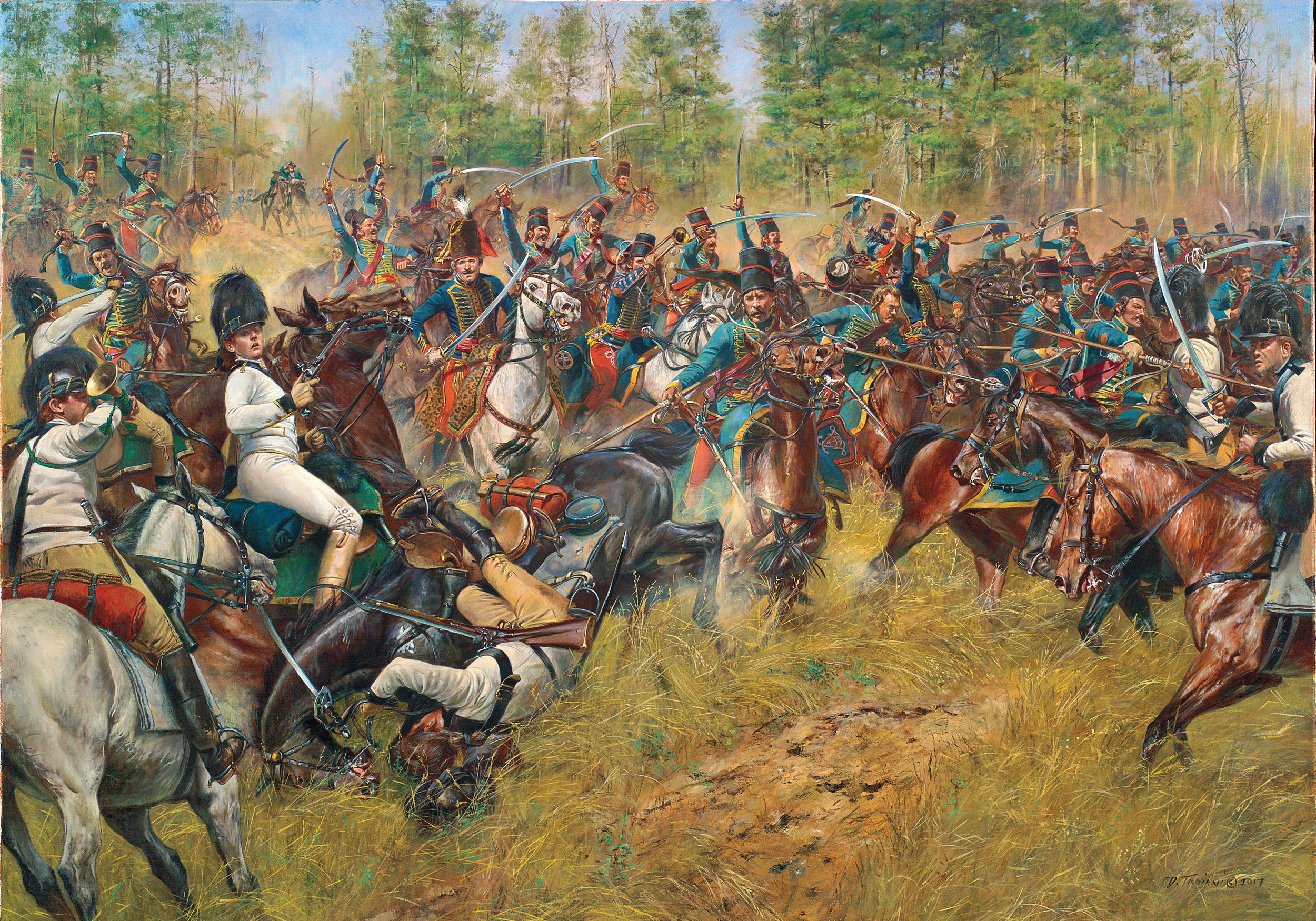
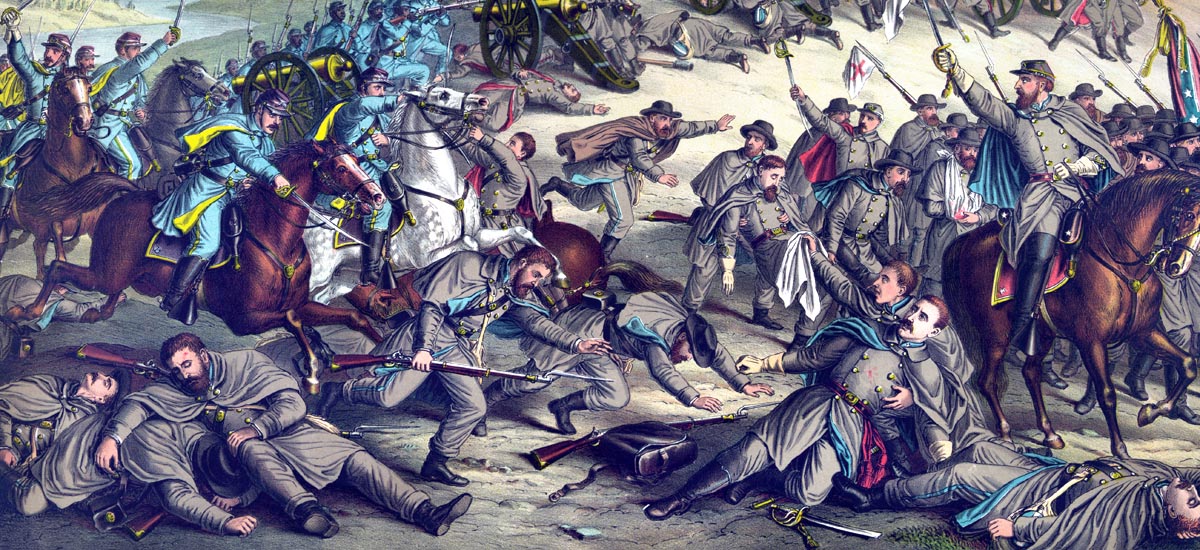
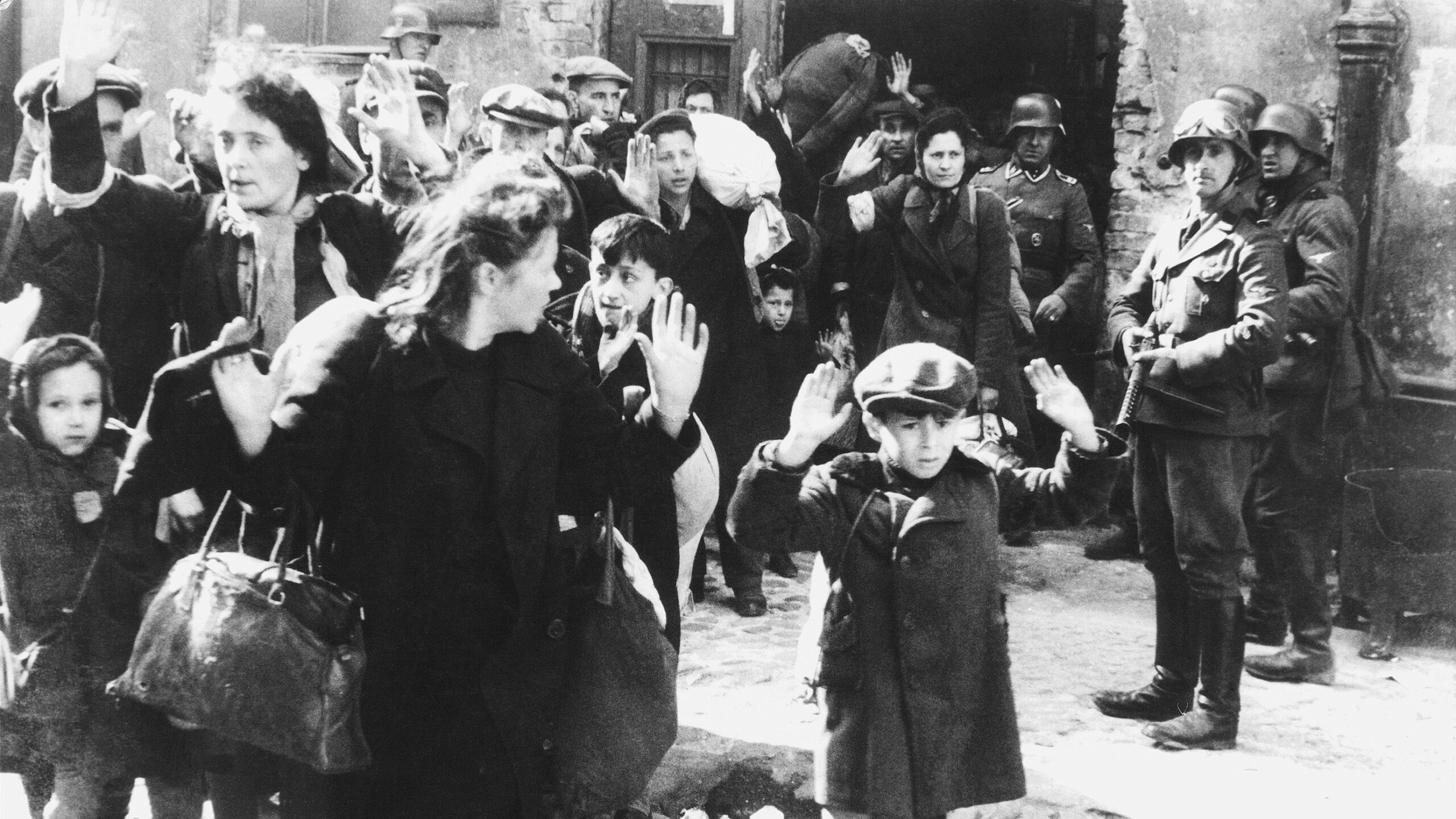

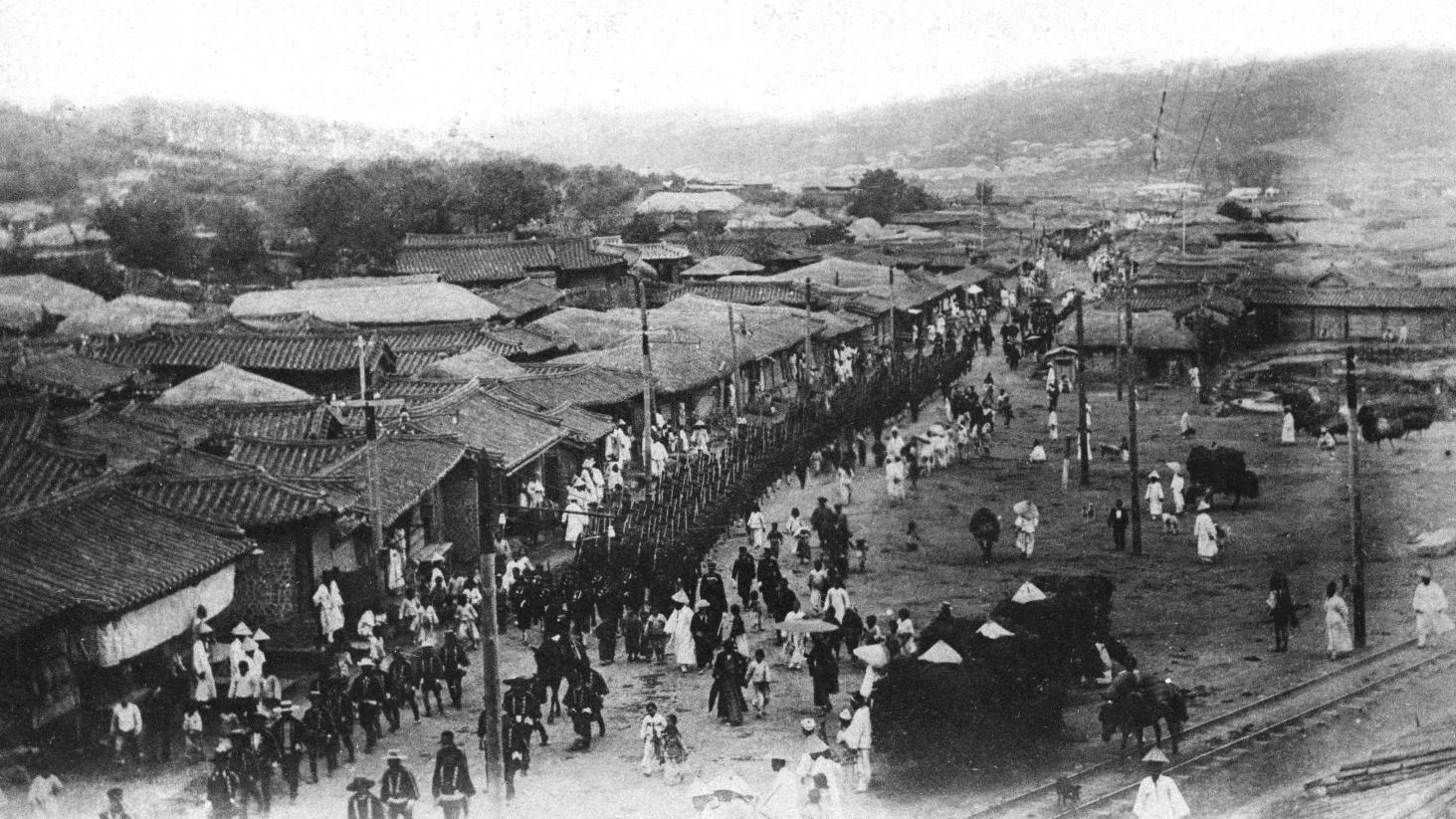
Join The Conversation
Comments
View All Comments